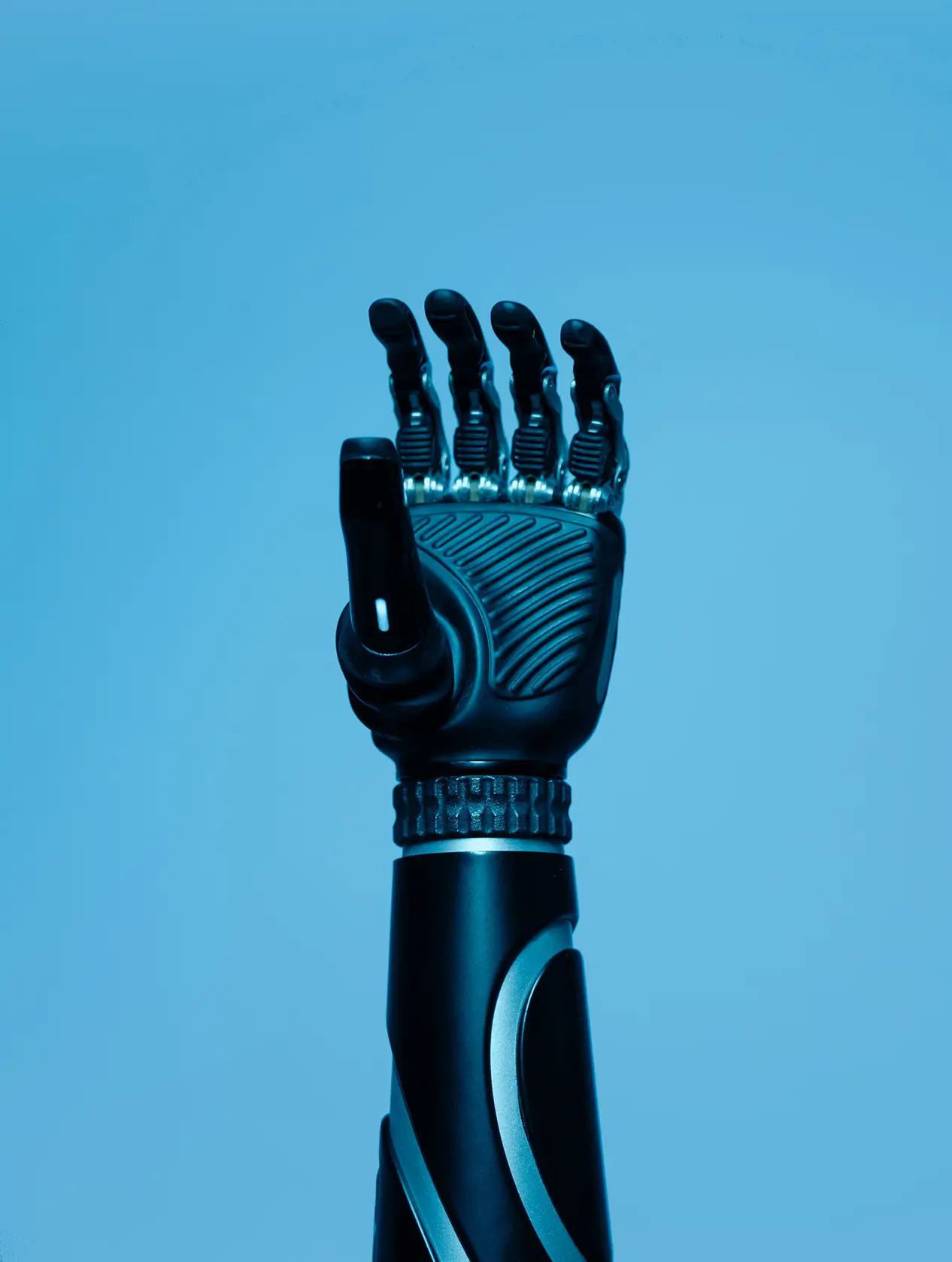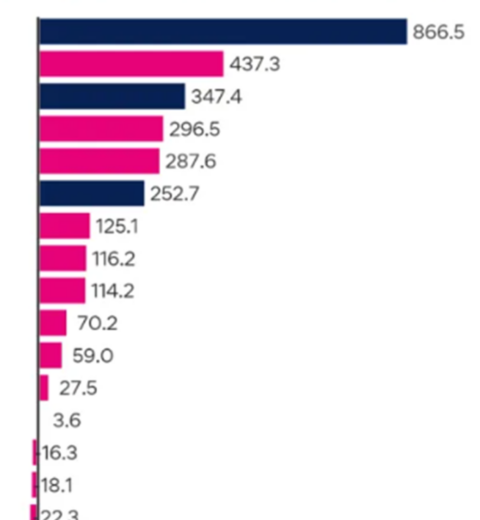Sky News Australia
The recent jobs and skills report (30 October) has found Australia is facing significant shortage and challenges in digital literacy of skills.
Sky News Australia was joined by Australian Computer Society Chief Growth Officer Siobhan Casey to discuss the report’s findings.
Excerpt from Sky News
Q – what skills will Australians need in the future?
A – There are a few problems in the labour market that are more significant right now than the digital skills, which have been raised. Three in five organisations, believe their work forces have outdated skills. The issues of this are multi-faceted, but chief among them is the education system and a reliance from employers, on the roles of people rather than the skills that they need.
When we looked at the Technology workforce last year, all research shows it grew by 58,000 workers so a 6.6% Increase and that is 70% faster than the overall workforce. And that pace of change is out stripping these approaches we’ve been using to upskill people.
An example is the generative AI, which you know and we’ve all had a bit of fun with putting in questions and seeing the answers. But when you look at the adoption rate of that technology compared to other household names, and the adoption rate is measured on 100 million uses. It took only two months for people to get to 100 million users on Gen AI or ChatGPT for instance. Whereas it took TikTok nine months, Facebook 4.5 years and Netflix a household name in 10 years.
So is that rapid rate of adoption of new technology and particularly at the employer employee level with generative AI that is causing a lot of disruption. So that rapid rate of change is blurring the line between traditional concepts of tech workforces of tech functions. And really tech skills are an integral part of every function across the business, will be our advocacy. Certain roles that you will hear coming up in the coming 5 to 7 years, AI ethicists, AI personality designers, virtual world safety officers, so safety offices in the virtual realm, quantum data analyst, and human computer integration specialists.
So that’s a whole range of new roles.
Q – Where can people study or reskilled or start looking to define where they are interested and capable?
A – Because of the rapid changes, we are not fully clear on what some of these opportunities are. Of course, if it is an incremental change and looking to get a certificate or credential that is fairly straightforward, then there is a great TAFE in New South Wales, The Digital Technologies Institute. It is a more multifaceted issue that needs to be solved and requires all hands-on deck. Requires just not one business, not just one state government or the federal government, it requires everyone working together! And the New South Wales skills board has worked really collaboratively recently with a number of partners; 30 partners and the New South Wales government, particularly on this matter which will be launch later this month.
We need to think about skills firstly, rather than rules, so every role, as you know tech is ubiquitous, and we all need to be skilled. People from all different cultural backgrounds, particularly the skilled migrants we attract to Australia, for education and work, need to be given the opportunity to get into the sector and to work.
Q – what else do you think needs to be done to really make that sharp pivot by the sounds of it, and what policy outcomes will be needed?
A – The great work that has kicked off in New South Wales is really inspiring and as one of the biggest
states, with tech workers hopefully will trigger that around the rest of the country and have momentum.
But obviously a national digital skills strategy would be ideal. The strategy should emphasise the digital first approach to all government policies as well. And generally, in migration having digital skills underpinning our thinking on who we bring in an attract to Australia should also be a critical thought.
Q – Many will be excited about what you are talking about. On the flipside, there will probably be, people that are concern and fearful of what the future holds. What would you say to those people?
A – If you’re not train in technology, you will end up working in technology or with technology. It is so ubiquitous and it is in everything we do. In every part of the employment workforce, we are touching some form of technology that is only going to increase. Don’t be fearful of it. Jump in and try and develop your skills. Be a bit curious as there are multiple of different opportunities available to people, and I think with the collective efforts of government, educators, industry, bodies, employers, we will start to have informed views on what pathways to follow and what skills to consider learning. It is an environment which is really exciting, to jump on board and get involved.
We will have more jobs that is not the issue, it is more around, evolving your own skills to be ready photos opportunities
Original Video Post courtesy >
https://www.msn.com/en-au/video/news/australia-facing-significant-challenges-regarding-shortage-of-skills/vi-AA1jmWlb?ocid=socialshare




